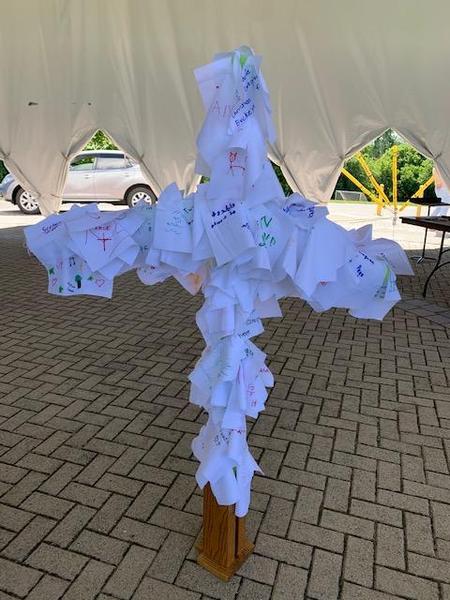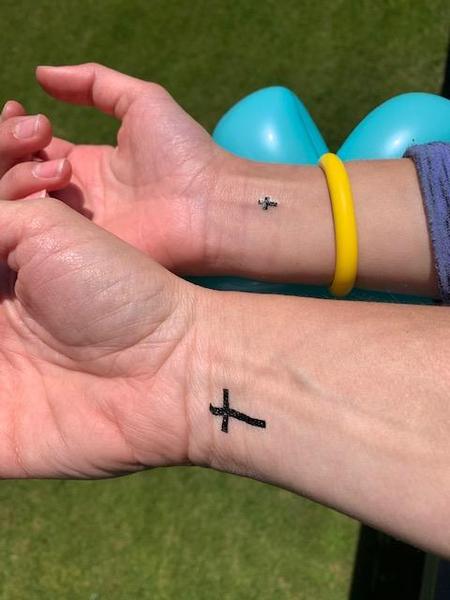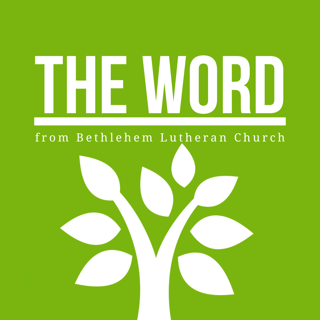Between Sundays for Week of June 20, 2022
Paul writes to the Galatians: There is no longer Jew or Greek; there is no longer slave or free; there is no longer male and female…
These days, we might add: There is no longer Republican or Democrat; there is no longer young or old; there is no longer church member or virtual worshiper…
Our identities are unique and beautiful and they are what the Holy Spirit works with make Christ’s love real in this world. But as Paul realized long ago, our identities can also be something that we cling to in order to keep ourselves separated and set apart from each other. Our identities can be used to sow division, stir up conflict, or create separation.
Yesterday was June 19th – the holiday which is known across this country as Juneteenth. We remember this day the end of the horrific practice of enslaving other children of God in the name of profit and white supremacy. Practices like this are the result of the sin of using our racial identities or skin color to create separation.
The God who created each of us in our uniqueness is not opposed to our identities, but, as Paul reminds us, Christ came to this world to show us that the most significant and lasting identity that we have is the one that is given to us in our baptism – Child of God.
As part of our outdoor worship celebration yesterday, we put those identities on pieces of cloth and attached them to the cross to remind us of the unity we share.
Enjoy an encore presentation from our co-Pastors as they share conversation about how we love one another as Jesus commanded. Recalling stories from our anniversary guests and reflecting on our current circumstances as church living through a pandemic, they call us to Building Lasting Community (BLC) that follows Jesus.
Ponderings
June 19 is Juneteenth, also called “Emancipation Day” or “Freedom Day,” symbolically marking the end of enslavement in the United States. President Lincoln issued the Emancipation Proclamation in 1863, but it only applied to enslaved people in the Confederacy, and its enforcement depended on the presence of Union troops — and those troops didn’t arrive in Galveston, Texas, one of the southernmost outposts of enslaving territory, until June 19, 1865. Celebrations of the holiday have ebbed and flowed over the years, and are on the upswing today, especially (but not exclusively) in African American communities. The day is typically marked by African American music, food, dance, literature, and readings of the Emancipation Proclamation. In 2021, President Joe Biden signed legislation into law establishing Juneteenth as a federal holiday.






